Applicable case studies of Magento 2 Customer Attributes
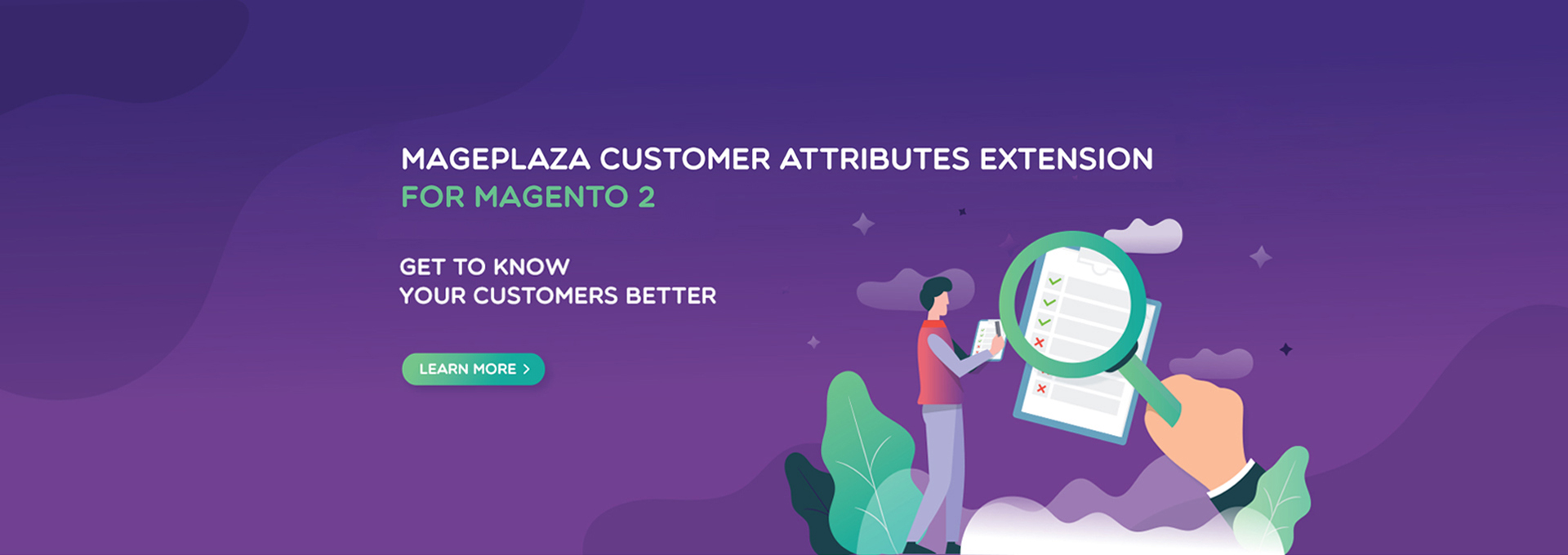
Customer attributes offer all the information that is needed to support the order, the fulfillment and the processes of customer management. But in Magento 2, store owners are only allowed to collect name, date of birth and tax number of customers. Now, with Magento 2 Customer Attributes by Mageplaza, you can add extra attribute fields to collect more valuable information about customers on registration and also on the account page.
Applicable case studies of customer attributes in Magento 2
Case study 1: Increase understanding about customers (customer segmentation)
Businesses should understand the fact that every customer is different. And that their marketing efforts would be better served if they target specific, smaller groups with messages that those consumers would find relevant and lead them to buy something.
Customer data helps online stores solve the very first task in marketing: customer segmentation, which relies on identifying key differentiators that divide customers into groups that can be targeted. Online stores can base some specific questions to give suggestions for customers to leave their information:
- Demographic information (age, race, religion, gender, family size, ethnicity, income, education level)
- Geographic (where they live and work)
- Psychographic (social class, lifestyle and personality characteristics)
- Behavioral (spending, consumption, usage and desired benefits)
Customer segmentation can have a significant effect on customer management in that, by dividing customers into different groups that share similar needs, the company can market to each group differently and focus on what each kind of customer needs at any given moment.
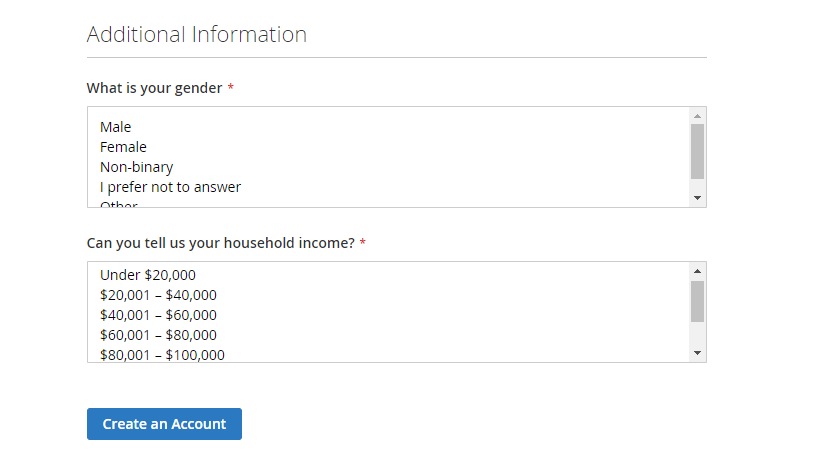
Case study 2: Improve products and customer services
The more customer-related information that you collect, the better understanding of customers you would have. Once store owners have deeply understood customers’ demands, characteristics, and expectations, they can improve and optimize their products and services to be suitable for their target customers.
In this field, the success of a business is tied directly to the opinions and feedback of its customers. From customers’ feedback and comments, online shops can know which step of their journey they have not performed well and, adversely, what the good points are that they should maintain.
Moreover, customer attributes are a helpful tool to eliminate roadblocks to better customer sales and service. No buyer likes to answer the same questions over and over again. Conversely, no business wants to deploy different resources to serve a customer merely because internal processes prevent or discourage effective internal communication.
Case study 3: Design the most effective marketing campaigns
Customer data is the treasure of any business. However, it only becomes a valuable asset when firms know how to utilize it to get the maximum profit. One of the most common applications of this area is using customer attributes to optimize the personal services and bring your clients awesome shopping experiences. New Epsilon research indicates that 80% of consumers are more likely to make a purchase when brands offer personalized experiences
For online stores, they definitely can offer their customers better services through various customer care programs, including:
- Birthday gifts
- Christmas day
- New year holiday
- Woman day
- Loyalty programs
- Email marketing
Also, personalization strategies vary depending on business characteristics. Caribou Coffee is a great example of this. By shopping for coffee online, it remembers your preferences and displays targeted flavors and varieties according to your search. Another example is Netflix, which provides new personalization profiles that lets families create individual profiles for each person so that recommendations are better tailored to them.
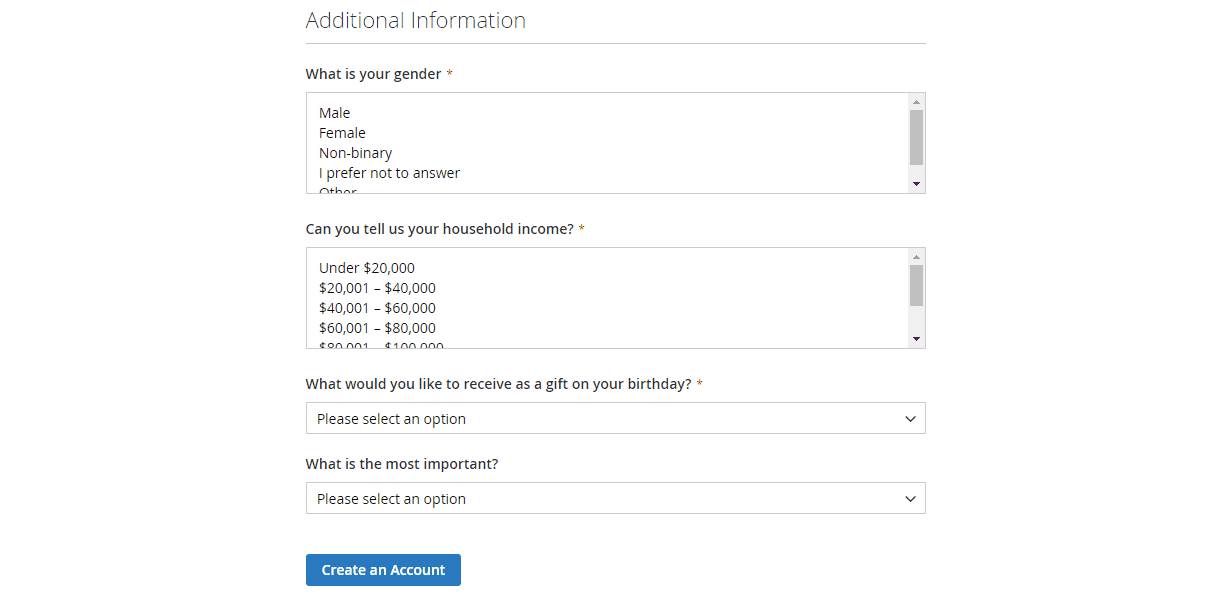
Some outstanding features in Customer Attributes
Unrestricted customer attributes
Thanks to this feature, customer registration forms can be added with ease. This can help collect more needed information about customers for many surveys of your stores. Besides, the question label, type of input, and other advanced properties are easily set to the field in the backend by admins.
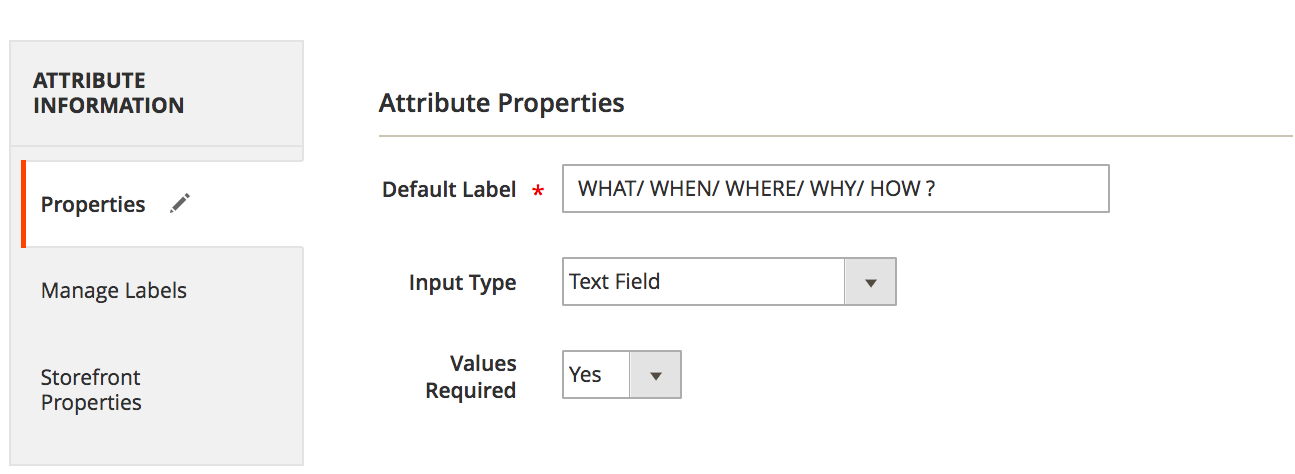
Multiple choices of input types
That’s great as this module supports various choices of input types, including 11 options below:
- Text Field
- Text Area
- Date
- Yes/No
- Dropdown
- Multiple Select
- Single Select with image
- Multi-Select with image
- Media Image
- Single File Attachment
- Content
Based on this interesting function, admins can create an open or closed question, upload the attached file or even a certain image with ease.
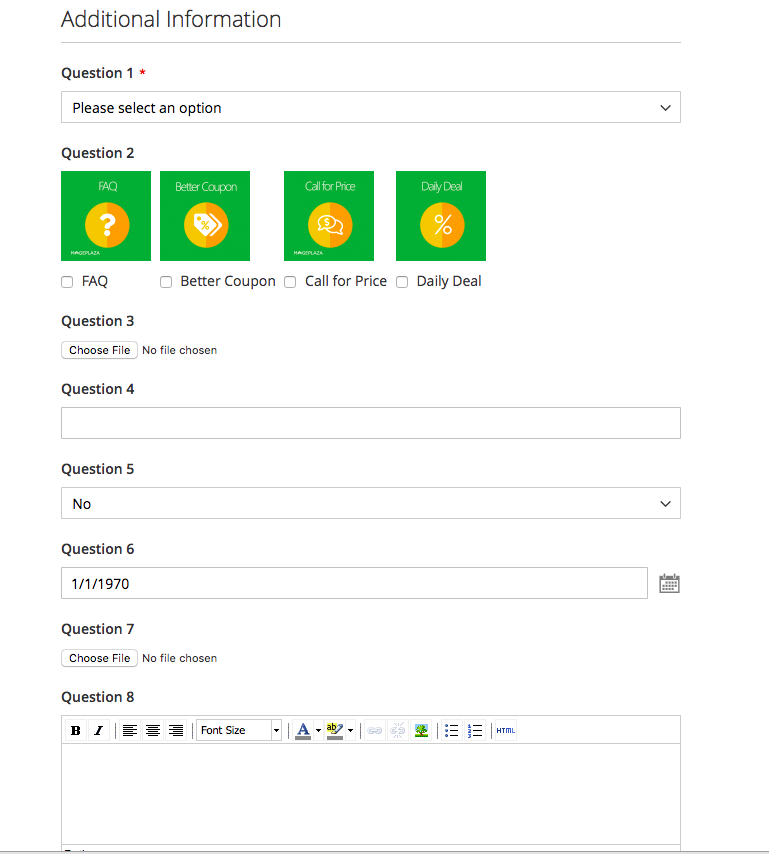
Both-side editing
With the support of this feature, both customers and admins can easily edit the information. From the admin panel, admins can generate a customer account and fill in attribute fields as well.
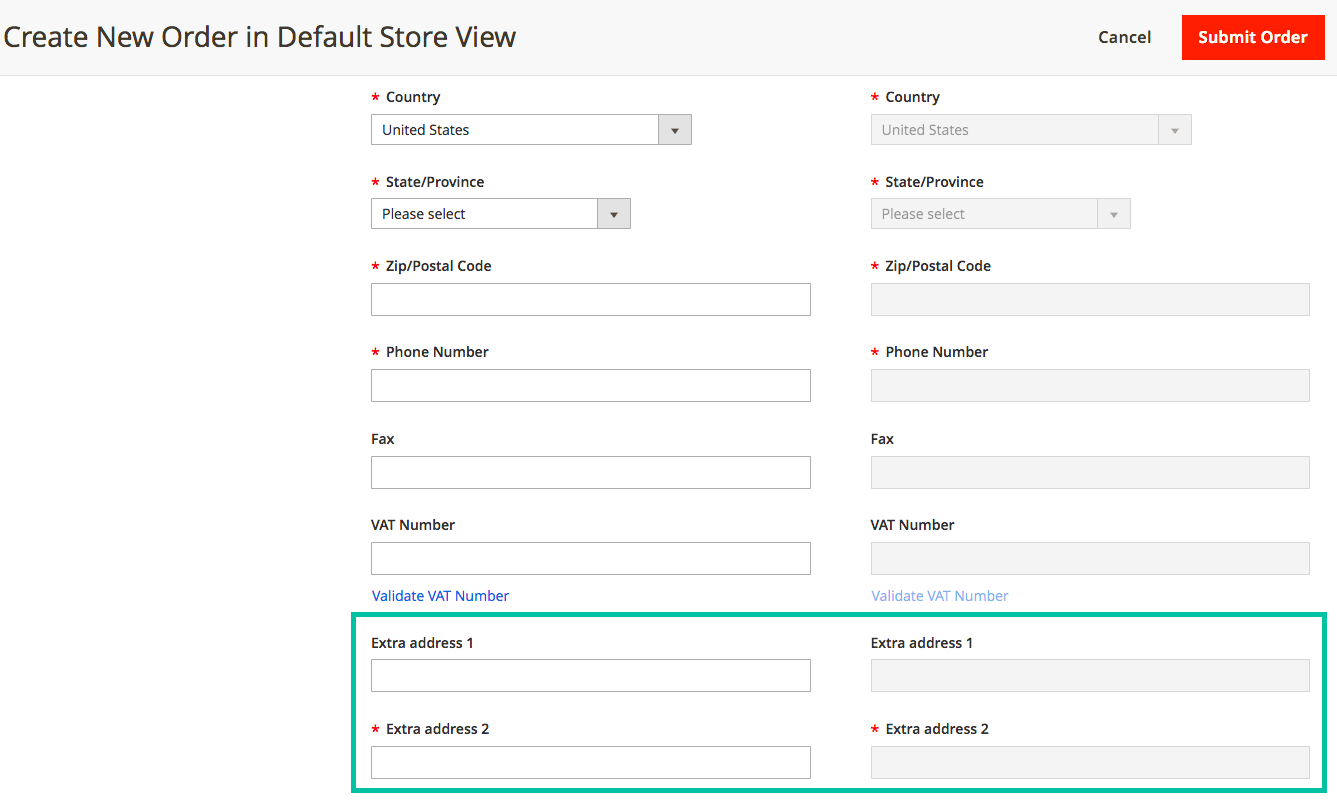
Input validation for attributes
Input validation is an outstanding function of Customer Attributes extension. This feature prevents the data that is formed improperly from entering the system, which would help the admin collect the correct formats in each type of attribute such as URL, email, letter, number, etc. For instance, when a customer enters their email address, the @ symbol has to be included in the input format. Consequently, the data about customers will become more meaningful and useful for store owners to use.
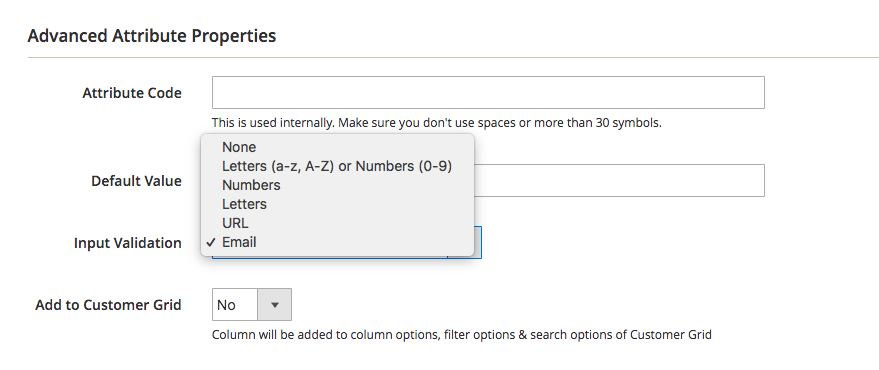
The compatibility with One Step Checkout
This feature allows adding all the extra customer attributes to the checkout page without any difficulties through the admin setting. By using this extension, admins can integrate information fields to collect necessary information right at the moment customers check out. On the other hand, customers can leave their information to stores to help process orders better.
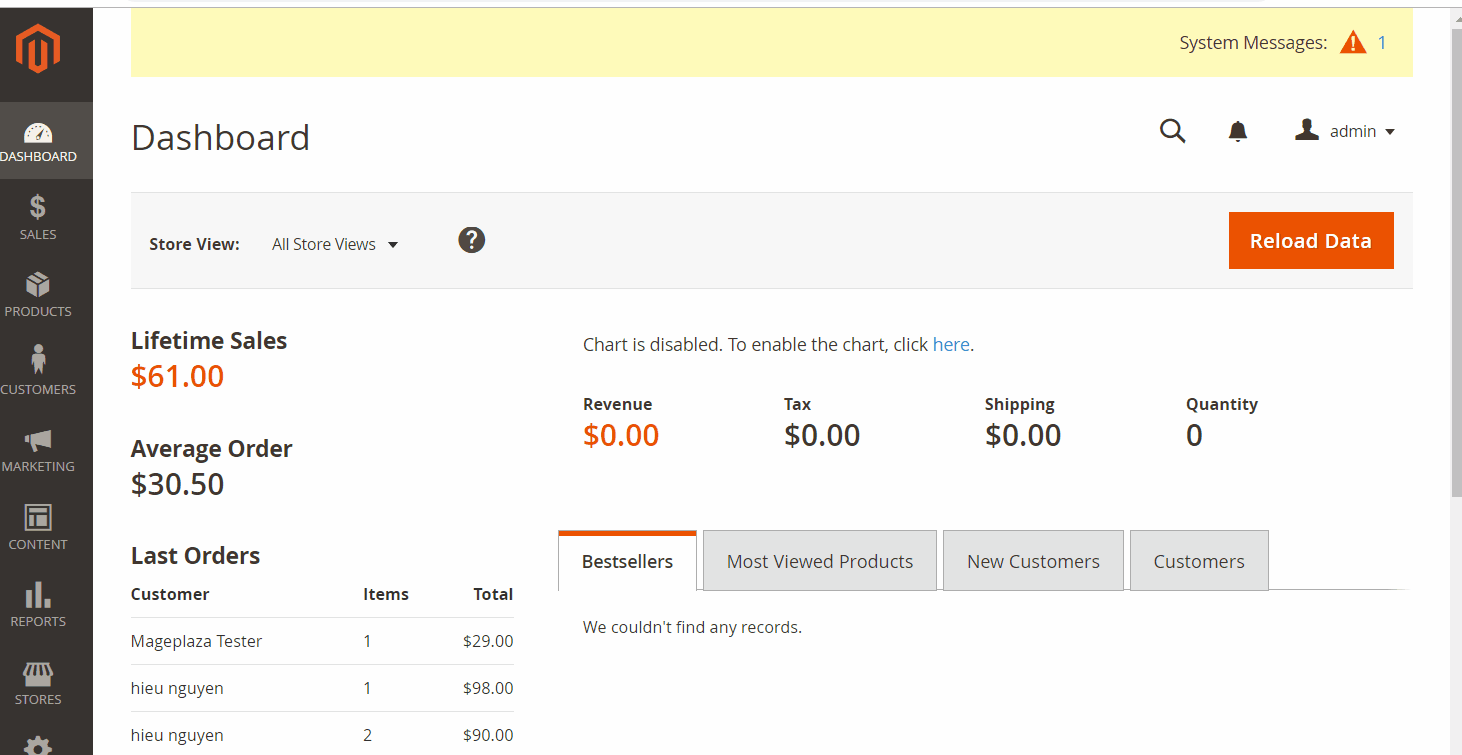
Final words
Using Magento 2 Customer Attributes extension can be beneficial for both store admins and customers. Customers can send more details to stores to receive better customer service. Stores can base their products, services, and marketing strategies on the information provided by customers, which could increase customer satisfaction and encourage them to make more purchase decisions.








